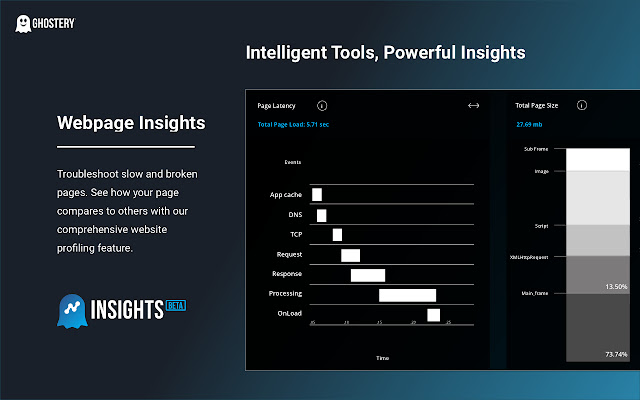Does Kortana Prop Firm offer a trading challenge? Does Kortana Prop Firm Offer a Trading Challenge? In the fast-paced wor
Think Smarter. Trade Sharper.

Welcome to Cryptos


Trading, at its core, is a pursuit that combines skill, strategy, and temperament. For seasoned traders who’ve weathered the ups and downs of the markets, the question of whether partnering with proprietary trading firms—commonly called prop firms—is worth it often comes up. These firms promise capital, support, and a path to scaling your trading prowess, but are they a shortcut or a detour? Let’s unpack what makes prop trading attractive, what pitfalls to watch out for, and whether it’s a smart move in today’s evolving financial landscape.
For traders with experience, the appeal of a prop firm isn’t just about access to funds—they’re about multiplying opportunities and reducing personal risk. It’s like having a backstage pass to bigger markets: Forex, stocks, crypto, indices, options, commodities—you name it. Many prop firms now offer access to multiple asset classes, which means seasoned traders can diversify their strategies without necessarily putting their own capital at risk.
Imagine having the freedom to test strategies across markets that even institutional investors find complex. Prop firms often provide educational resources, cutting-edge technology, and mentorship programs, helping traders sharpen their edge. Plus, the shared risk model means that the trader’s potential upside is significantly amplified through leverage—sometimes dozens of times the initial capital, allowing for potentially greater returns without tying up their personal funds.
Once you’re in a prop environment, there’s typically greater freedom for traders to develop their style—whether it’s day trading forex, swing trading stocks, or scalping crypto. Many firms reward consistency and skill over just being able to push a button; they look into your risk management and discipline. This can be a game-changer for experienced traders who already understand market nuances but want a platform that supports their growth.
For instance, some traders have found that switching to a prop firm allowed them to focus purely on honing strategies, without the distraction of capital constraints. They can trade more aggressively or cautiously based on market conditions, without stressing over personal finances. That kind of mental freedom often brings out your best trading.
However, it isn’t a total fairy tale. Prop firms often have strict rules around risk limits, profit splits, and evaluation periods—sometimes feeling like walking a tightrope. For the experienced, this might mean adapting to a firms specific risk appetite, which might clash with their usual style. Failing to meet targets during evaluation phases can mean the loss of trading privileges or even contractual headaches.
There are also questions about long-term profitability. Prop firms tend to take a cut of profits, so traders need to be consistently profitable—something that’s easier said than done. A major pitfall can be over-leveraging, especially when trading volatile assets like cryptocurrencies or leveraged ETFs, where market swings can wipe out positions quickly.
The landscape of trading is transforming at a rapid clip. Decentralized finance (DeFi), smart contracts, and AI-driven algorithms are making waves—bringing both opportunities and challenges. Prop firms are starting to explore these innovations, experimenting with automated trading bots or decentralized liquidity pools. However, the regulatory environment remains cautious, and the risk of technical bugs, security breaches, or over-reliance on algorithms adds layers of complexity.
Looking ahead, the integration of AI and blockchain could lead to smarter, faster, and potentially more transparent prop trading models. This could lower barriers for experienced traders who want to test and implement complex strategies without hefty institutional overhead. Still, the market’s volatility and regulatory uncertainty underscore that no model is foolproof.
For seasoned traders who understand the markets inside out, prop firms can serve as a catalyst to scale up their trading activities, explore new asset classes, and refine their strategies—all while managing personal risk. They offer a valuable platform if you’re disciplined, understand the firm’s rules, and are ready to adapt to the operational environment.
But tread carefully: evaluate the firm’s track record, commission structures, and risk management policies. Keep an eye on how emerging trends—like AI tools and decentralized finance—could reshape the landscape, making now a more exciting yet volatile time to trade.
In the end, the question isnt just “Are prop firms worth it?” but rather “How can I leverage these platforms to elevate my trading game?” If you do that wisely, the opportunities are vast. Because at the end of the day, in trading, your best asset is your ability to adapt—and prop firms might just be the boost you need.
Trade smarter, grow faster. The future is yours to define.